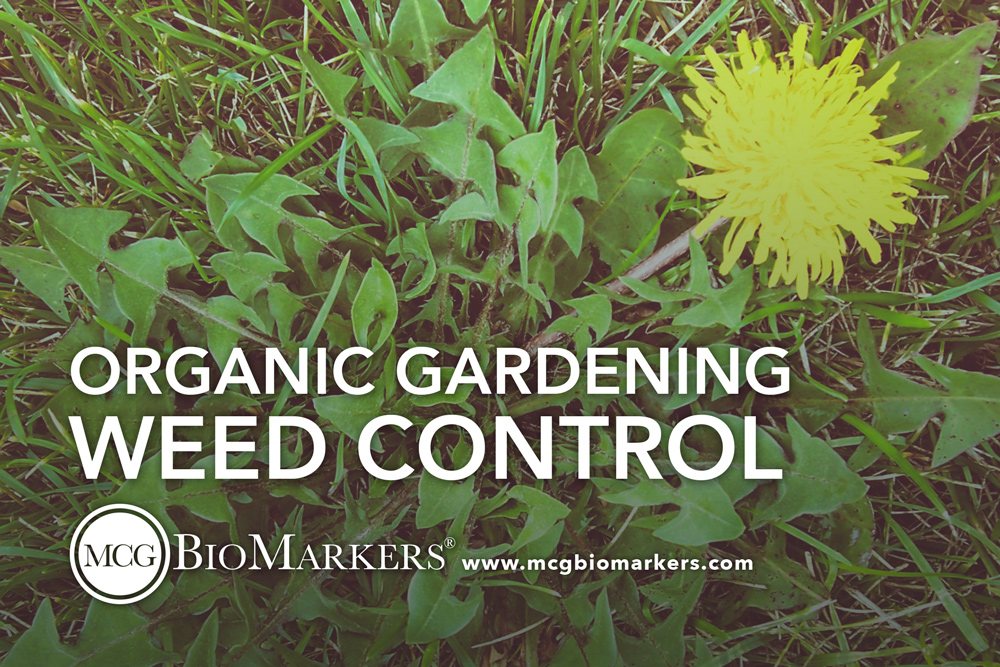 Every gardener finds weeds to be annoying, but staying on top of them can be a real challenge, especially if you maintain a regular work schedule. To prevent weeds from choking your organic vegetables and flowers, take advantage of these non-toxic methods.
Every gardener finds weeds to be annoying, but staying on top of them can be a real challenge, especially if you maintain a regular work schedule. To prevent weeds from choking your organic vegetables and flowers, take advantage of these non-toxic methods.
1. Avoid Toxic Herbicides – Store-bought herbicides like Round-Up can be tempting since they eliminate weeds quickly. But even if things have gotten out of hand, it’s important to remember that you opted to grow an organic garden because you wanted to avoid such chemicals.
A few years back, the Massachusetts Institute of Technology linked glyphosate (a key ingredient in Round-Up) and other environmental toxins to infertility, cancer, and Parkinson’s disease. Since then, the state of California and the World Health Organization have labeled glyphosate a probable carcinogen. Translation = don’t use it!
2. Mulch – If you cover your garden soil with a layer of organic matter, weeds will be unable to thrive. This will also stop any new weed seeds from germinating. We recommend wood chips, grass clippings, straw, and compost as good sources of organic mulch. One thing you should stay away from is hay since it contains a lot of undesirable seeds.
3. Use the Crowding Method – Weeds can’t take over your garden if there’s no room for them, right? Use plant groundcovers and perennial plants to shade and cover your soil. If you have a vegetable garden, try using the square-foot method so your plants will come into contact with each other once they’ve grown. When this happens, their leaves will shade the bed and keep weeds from getting any sunlight.
4. Go No-Till – Turning over the soil in your garden will increase the chances of bringing weed seeds to the top. If you can, use the no-till method where the goal is to disrupt the soil as little as possible. When planting new seeds, dig only as far down as you need to plant them. Don’t till up the entire bed. When you follow this method, you’ll improve your soil structure and increase the number of beneficial organisms and matter in the soil.
5. Fertilize and Irrigate Cautiously – An essential part of gardening is giving your plants the nutrients and water they need to thrive. But, keep in mind that this will also encourage weeds to grow. Drip irrigation and irrigation bags are effective ways of providing your plants with just the right amount of water. If you’ve planted tomatoes, cucumbers, squash, and other heavy feeders, place extra compost only around them.
6. Douse them with Alcohol – When your garden has weeds in full bloom, spray them with a mixture of 2 ounces of vodka or rubbing alcohol, 2 cups water, and 2-3 drops of dish soap. Pour the mixture into a spray bottle and spray it on the weeds to dry them out and kill them without using any harsh chemicals. As you can guess, be sure to avoid spraying the mixture onto your regular plants since it will dry out whatever it touches. Keep in mind that this spray isn’t great for shady areas.


